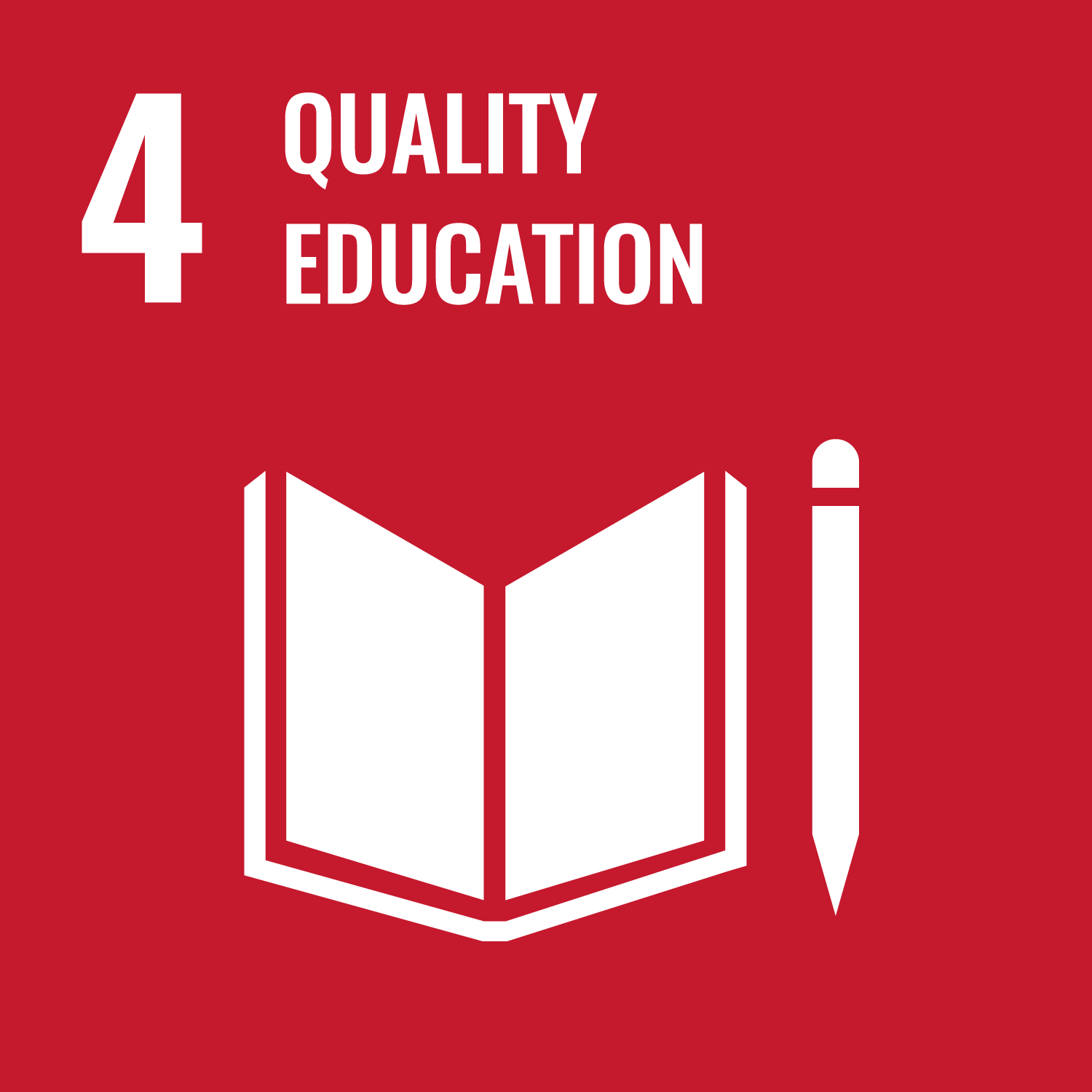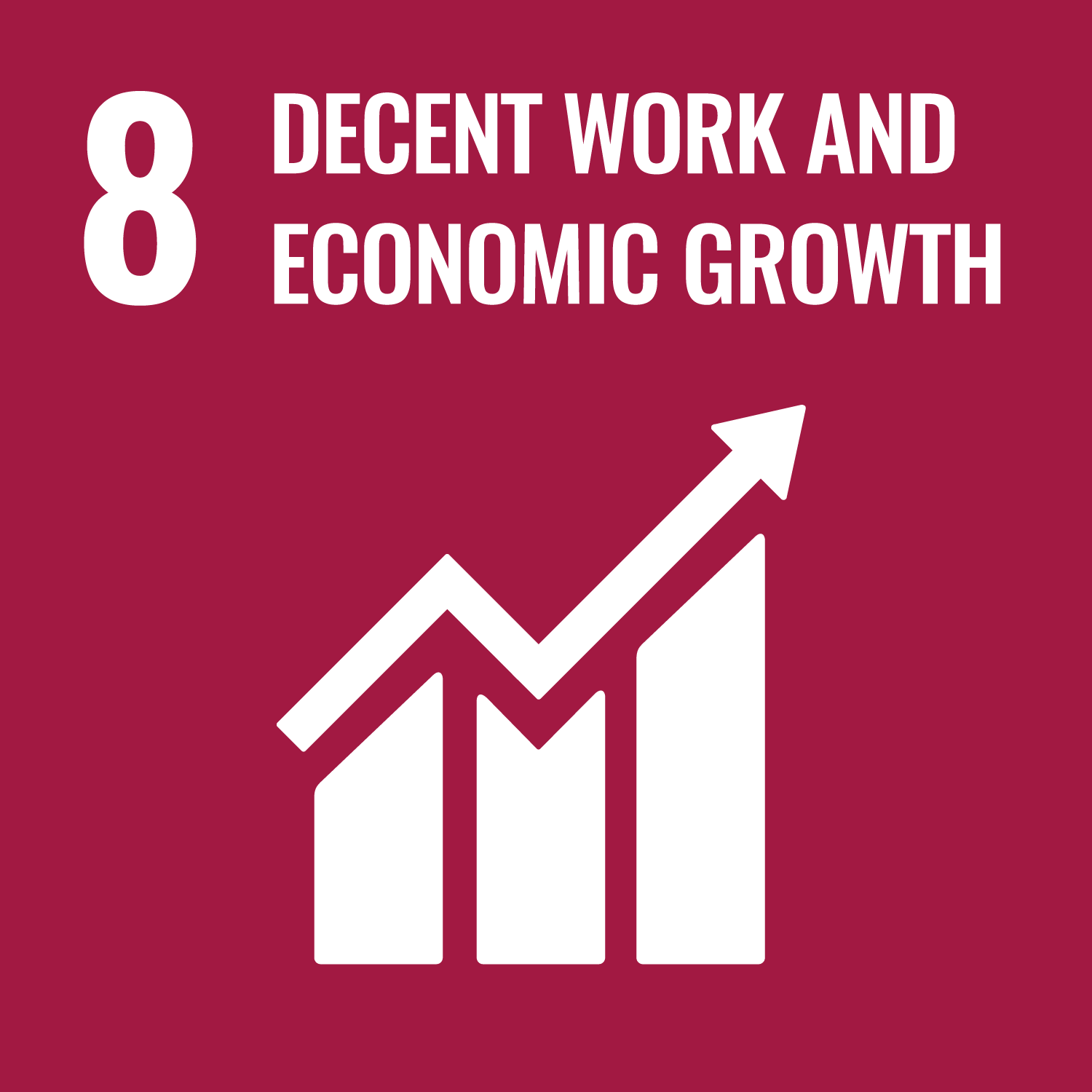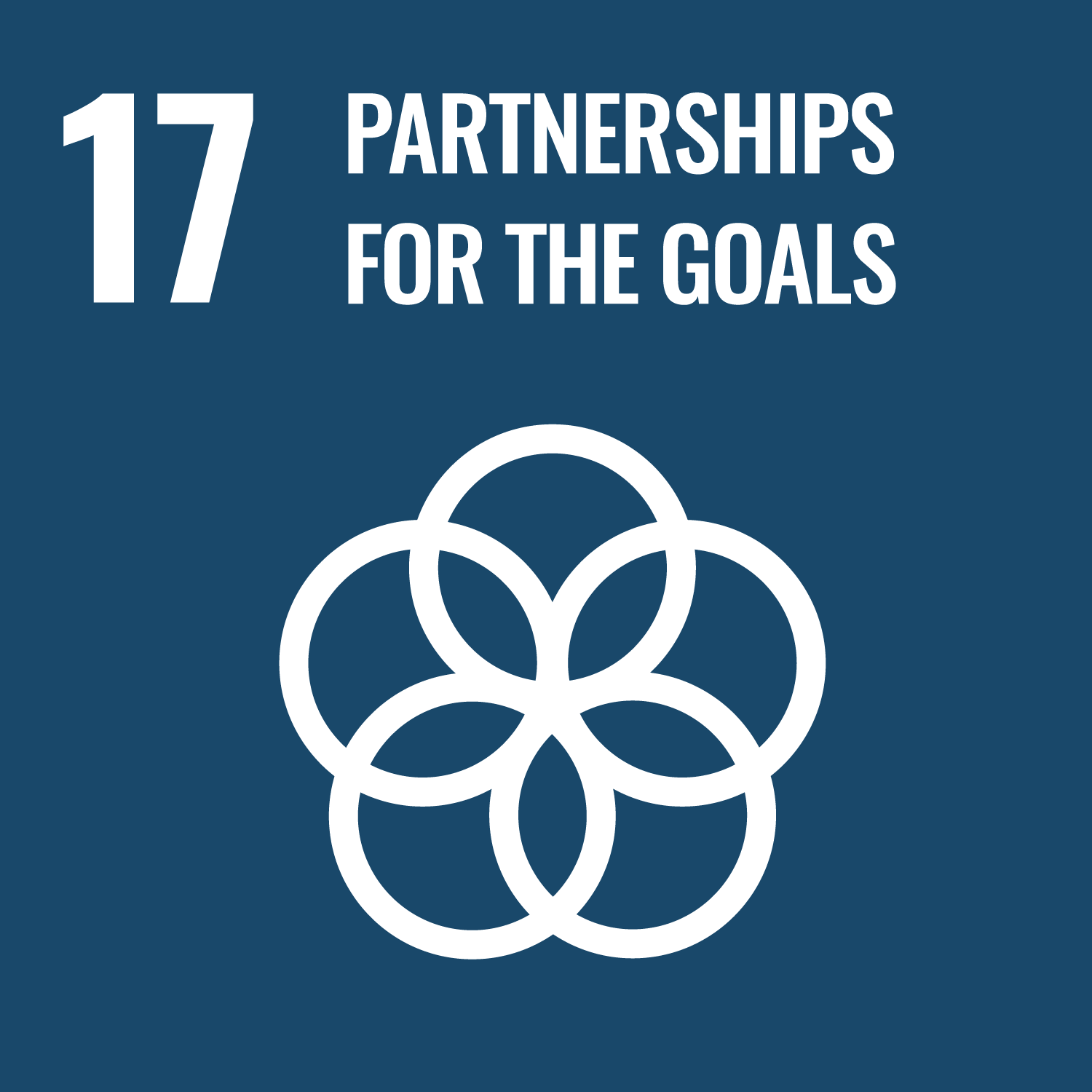Abstract
Microbial communities have essential roles in ocean ecology and planetary health. Microbes participate in nutrient cycles, remove huge quantities of carbon dioxide from the air and support ocean food webs. The taxonomic and functional diversity of the global ocean microbiome has been revealed by technological advances in sampling, DNA sequencing and bioinformatics. A better understanding of the ocean microbiome could underpin strategies to address environmental and societal challenges, including achievement of multiple Sustainable Development Goals way beyond SDG 14 'life below water'. We propose a set of priorities for understanding and protecting the ocean microbiome, which include delineating interactions between microbiota, sustainably applying resources from oceanic microorganisms and creating policy- and funder-friendly ocean education resources, and discuss how to achieve these ambitious goals.
DOI Link
Publication Date
2022-06-30
Publication Title
Nature Microbiology
Volume
7
Issue
7
Acceptance Date
2022-05-04
Deposit Date
2023-03-08
Embargo Period
2023-08-05
First Page
937
Last Page
947
Recommended Citation
Abreu, A., Bourgois, E., Gristwood, A., Troublé, R., Acinas, S., Bork, P., Boss, E., Bowler, C., Budinich, M., Chaffron, S., de, V., Delmont, T., Eveillard, D., Guidi, L., Iudicone, D., Kandels, S., Morlon, H., Lombard, F., Pepperkok, R., Karlusich, J., Piganeau, G., Régimbeau, A., Sommeria-Klein, G., Stemmann, L., Sullivan, M., Sunagawa, S., Wincker, P., Zablocki, O., Arendt, D., Bilic, J., Finn, R., Heard, E., Rouse, B., Vamathevan, J., Casotti, R., Cancio, I., Cunliffe, M., Kervella, A., Kooistra, W., Obst, M., Pade, N., Power, D., Santi, I., Tsagaraki, T., & Vanaverbeke, J. (2022) 'Priorities for ocean microbiome research', Nature Microbiology, 7(7), pp. 937-947. Available at: 10.1038/s41564-022-01145-5





